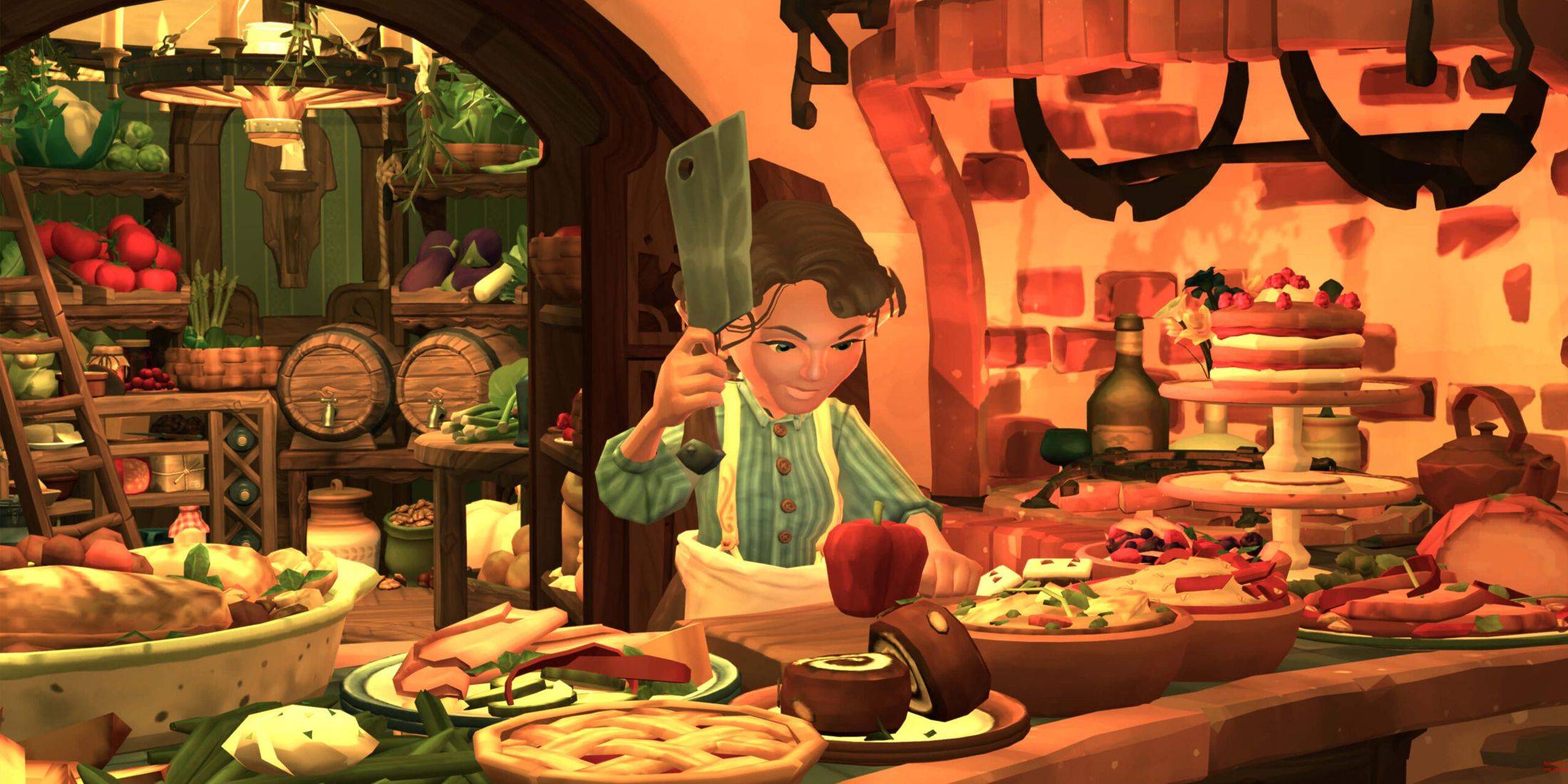Ex-Annapurna Devs Form Private Division

Summary
Former Annapurna Interactive employees have acquired the operational reins of Private Division, a studio previously under Take-Two Interactive's ownership. The majority of Annapurna Interactive's workforce departed its parent company in September 2024 following unsuccessful negotiations with Annapurna Pictures CEO Megan Ellison.
Following a significant restructuring in 2024, Annapurna Interactive, known for publishing acclaimed titles such as Stray, Kentucky Route Zero, and What Remains of Edith Finch, saw its staff transition.
Private Division, established in 2017, was sold by Take-Two Interactive in November 2024. While the buyer remained anonymous initially, and many employees were laid off, it's now reported that the buyer is Haveli Investments, an Austin-based private equity firm.
According to journalist Jason Schreier, Haveli Investments and the former Annapurna employees have forged an agreement. This agreement involves the distribution of Private Division's remaining games, including the anticipated Tales of the Shire (March 2025 release), the established Kerbal Space Program, and an unannounced project from Game Freak.
Private Division's Ongoing Restructuring Highlights Industry Instability
The departure of most Annapurna Interactive employees in September 2024 stemmed from failed negotiations with CEO Megan Ellison. While Haveli's acquisition retained approximately twenty Private Division employees, some are expected to be let go to accommodate the incoming Annapurna team. The future plans of the combined entity, including potential new IP or projects, remain unconfirmed, as does the studio's new name and overall mission.
This merger of Annapurna and Private Division reflects the broader gaming industry's recent turbulent period, marked by widespread layoffs and studio closures. The situation, where one group of displaced game developers absorbs another, encapsulates the industry's current aggressive climate. This climate is largely driven by investor hesitancy towards high-risk, large-scale projects.
-
1
![Roblox Forsaken Characters Tier List [UPDATED] (2025)](https://imgs.ksjha.com/uploads/18/17380116246797f3e8a8a39.jpg)
Roblox Forsaken Characters Tier List [UPDATED] (2025)
Mar 17,2025
-
2

Roblox UGC Limited Codes Unveiled for January 2025
Jan 06,2025
-
3

Stardew Valley: A Complete Guide To Enchantments & Weapon Forging
Jan 07,2025
-
4

Pokémon TCG Pocket: Troubleshooting Error 102 Resolved
Jan 08,2025
-
5

Free Fire Characters 2025: Ultimate Guide
Feb 20,2025
-
6

Blood Strike - All Working Redeem Codes January 2025
Jan 08,2025
-
7

Blue Archive Unveils Cyber New Year March Event
Dec 19,2024
-
8

Roblox: RIVALS Codes (January 2025)
Jan 07,2025
-
9

Cyber Quest: Engage in Captivating Card Battles on Android
Dec 19,2024
-
10

Delta Force: A Complete Guide to All Campaign Missions
Apr 09,2025
-
Download

A Simple Life with My Unobtrusive Sister
Casual / 392.30M
Update: Mar 27,2025
-
Download

Random fap scene
Casual / 20.10M
Update: Dec 26,2024
-
Download
![Corrupting the Universe [v3.0]](https://imgs.ksjha.com/uploads/66/1719514653667db61d741e9.jpg)
Corrupting the Universe [v3.0]
Casual / 486.00M
Update: Dec 17,2024
-
4
Ben 10 A day with Gwen
-
5
Oniga Town of the Dead
-
6
A Wife And Mother
-
7
Cute Reapers in my Room Android
-
8
Permit Deny
-
9
Utouto Suyasuya
-
10
Roblox














